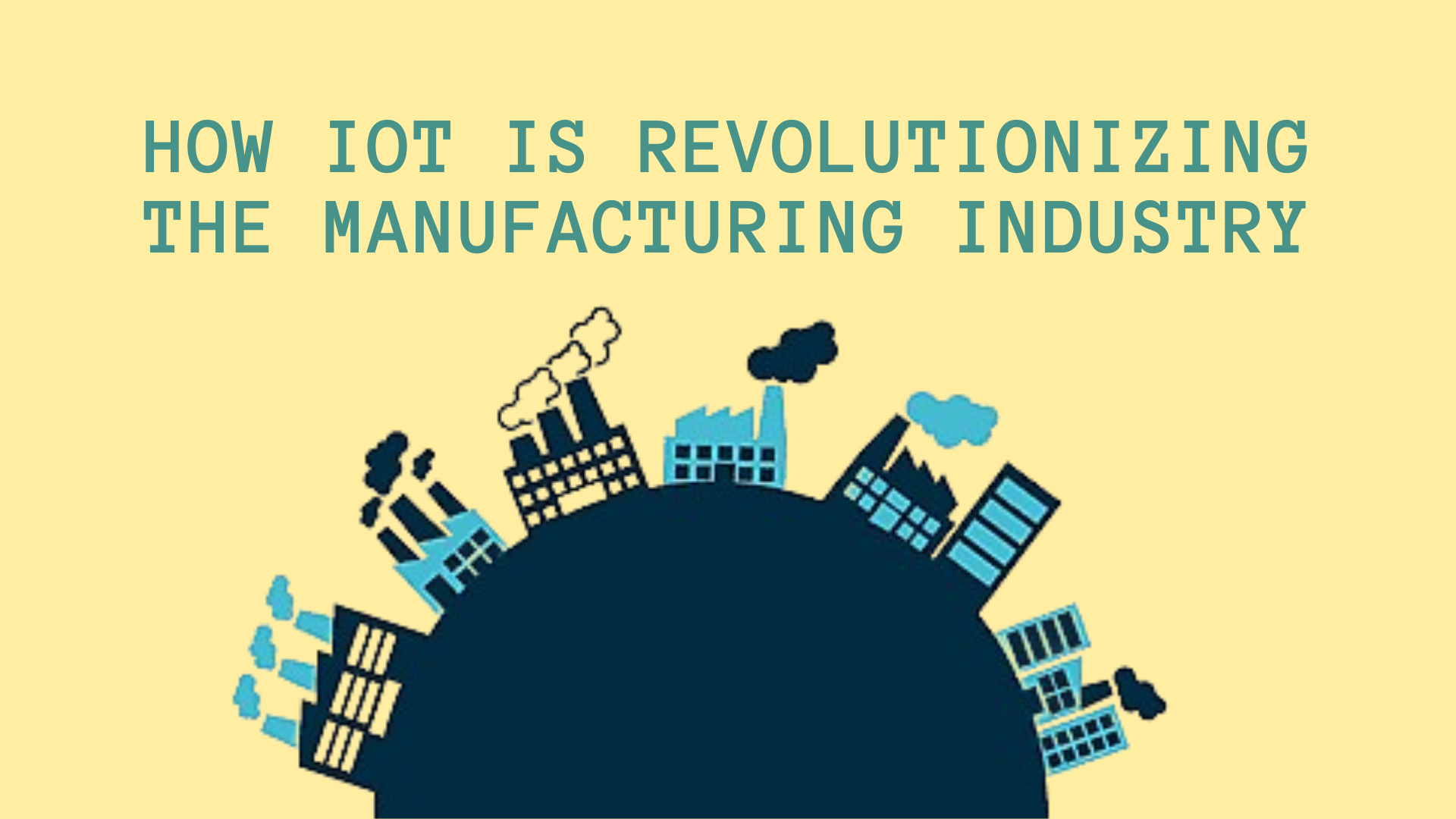The manufacturing industry stands on the brink of a technological revolution that promises to change the way products are designed, produced, and delivered. At the forefront of this revolution is the Internet of Things (IoT), a network of interconnected devices and sensors that communicate with each other to make real-time decisions. This blog post delves into the profound impacts of IoT on manufacturing processes, efficiency, and safety, highlighting the transformative potential it holds.
Streamlining Manufacturing Processes with IoT
IoT is fundamentally altering manufacturing processes by introducing smart automation and real-time monitoring. Traditional manufacturing setups often rely on manual inspections and batch processing, which can lead to inefficiencies and increased error rates. IoT changes this by integrating sensors and devices into machinery and equipment, enabling real-time data collection and analysis. This allows for:
- Predictive Maintenance: Instead of following a fixed maintenance schedule, manufacturers can use IoT sensors to monitor the condition of equipment and predict when maintenance should be performed. This minimizes downtime and prevents unexpected breakdowns, saving time and money.
- Quality Control: IoT devices can inspect products in real-time during the manufacturing process. By detecting defects immediately, manufacturers can reduce waste and ensure that only products meeting quality standards reach the consumer.
- Supply Chain Optimization: IoT provides visibility into every stage of the supply chain, from raw material procurement to final product delivery. This enables better inventory management, reduces lead times, and ensures timely delivery of materials.
Enhancing Efficiency through IoT Integration
Efficiency is the cornerstone of successful manufacturing, and IoT offers unmatched opportunities for optimization. By leveraging the data collected from sensors and devices, manufacturers can identify inefficiencies and bottlenecks in their processes and take corrective actions. IoT enables:
- Energy Management: Smart sensors can monitor energy usage across different areas of a manufacturing plant, identifying opportunities for energy savings and reducing operational costs.
- Resource Optimization: IoT allows for more precise control of machinery and resources, ensuring that they are used at optimal levels. This reduces waste and increases the overall efficiency of the manufacturing process.
- Workflow Automation: IoT can automate routine tasks and workflows, freeing up human workers for more complex and creative tasks. This not only boosts productivity but also enhances job satisfaction among employees.
Improving Safety with IoT
Manufacturing can be a hazardous industry, with risks ranging from machine malfunctions to hazardous material exposures. IoT is playing a crucial role in improving workplace safety by:
- Environmental Monitoring: Sensors can detect hazardous gas leaks, extreme temperatures, or unsafe levels of noise, alerting workers and management to potential dangers.
- Wearable Safety Devices: Workers equipped with IoT-enabled wearables can be monitored for signs of fatigue, heat stress, or other health risks. These devices can also provide real-time location tracking in case of an emergency.
- Incident Prevention: By analyzing data from various sensors, IoT systems can identify patterns that may lead to accidents or malfunctions. This predictive analysis helps in taking preemptive measures to avoid incidents.
The Path Forward
As we move forward, the integration of IoT in manufacturing will continue to grow, driven by the need for greater efficiency, quality, and safety. However, this technological advancement comes with challenges, such as data security and the need for skilled personnel to manage IoT systems. Despite these hurdles, the benefits of IoT in manufacturing are undeniable, offering a clear path toward a more efficient, safe, and sustainable industry.
In conclusion, IoT is not just a tool but a transformative force in manufacturing. It empowers manufacturers to achieve new levels of efficiency, enhance safety protocols, and deliver higher-quality products. As the industry continues to embrace IoT, we can expect to see even more innovative applications and improvements in manufacturing processes. The future of manufacturing is smart, connected, and driven by data, and IoT is leading the way in this new industrial era.









